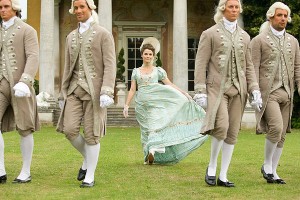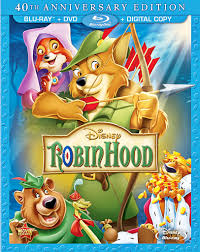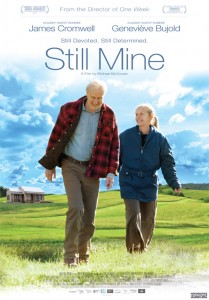Austenland
Posted on August 22, 2013 at 6:00 pm
 Edward Arlington Robinson wrote a poem about a man named Miniver Cheevy who wished so much that he could have lived in the days of knights and ladies that he refused to participate in the life before him. Author Shannon Hale wrote Austenland
Edward Arlington Robinson wrote a poem about a man named Miniver Cheevy who wished so much that he could have lived in the days of knights and ladies that he refused to participate in the life before him. Author Shannon Hale wrote Austenland about a young woman named Jane who is so in love with the romance and elegance of Jane Austen’s Regency-era romances that no real-life modern relationship can ever measure up. She has a lifesize cardboard photo of Colin Firth as Mr. Darcy from “Pride and Prejudice” and her bedroom is like a deranged bed and breakfast version explosion of 19th century fantasy.
So she spends all of her money going to an immersive theme park called Austenland, where fans of Austen’s classic novels like Pride and Prejudice and Sense and Sensibility
and the swooningly romantic movie versions can pretend to thaw the hearts of proud men in wearing breeches who would never think of addressing them by their first name or presuming to try a kiss.
“Napoleon Dynamite” co-author Jerusha Hess wrote and directed the film adaptation, with “Twilight’s” Stephenie Meyer as producer. A radiant Keri Russell (“Waitress”) plays Jane, who is taken aback when she arrives at the 18th Century Italianate mansion (played by the historic Wycombe estate, also seen in “Downton Abbey”). It is presided over by the redoubtable Mrs. Wattlesbrook (Jane Seymour), who crisply informs Jane that as the purchaser of the “Copper Package,” she will be known as the fortuneless “Jane Erstwhile” and live in a small room near the servants’ quarters. (Janeites, think Fanny Price.) Also visiting Austenland are the wealthy “Miss Elizabeth Charming” (Jennifer Coolidge, hilarious as always), who has no idea who Jane Austen is but thinks she will look good in Regency dresses, and Lady Amelia Heartwright (Georgina King) (Janites: think Jane Fairfax with a touch of Crawford). Having paid for the premium package, Charming and Heartwright have luxurious rooms and clothes. And, apparently, first choice of the very handsome men who are there to provide the full Austen experience, or at least the simulation/stimulation thereof.
As a full-on Janeite who has read all of the books several times, I laughed out loud at some of the references and variations on Austen’s themes and at the silliness of the juxtaposition between the 18th century period details and the intrusion of the present day. At one point, Jane is left out in the rain and romantically rescued by the severe Mr. Nobley (J.J. Feild, whose Austen credentials include playing Mr. Tilney in a “Northanger Abbey” television movie). (Janeites, think “Emma.”)
At first, Jane plays along as though she was really in the Regency era. But then, around the time that her soaking wet dress splits up to the hip, she cannot help reacting like the 21st century young woman she is. And how very un-Fanny Price for her to decide that it is time to depart from Mrs. Wattlesbrook’s directions and write her own story, starting with getting rid of the dowdy hairstyle and clothes she has been assigned and moving on to spending quality time with the groundskeeper. This is less Lady Susan than Lady Chatterly.
Like all Austen heroines, Jane has some lessons to learn. And a very happy ending, including a hilarious final credit sequence. Hess manages to both send up and pay tribute to the core conventions of romantic comedy, and for fans of the genre that has been all but absent from theaters in 2013, that is a very happy ending indeed.
Parents should know that this film includes sexual references and situations, some bawdy and crude, some strong language, and drinking.
Family discussion: What was it about Austen’s books that was so important to Jane? If you could visit any fictional place, what would it be?
If you like this, try: Any of the many movie and television versions of Jane Austen’s novels, especially “Sense and Sensibility” with Emma Thompson and “Pride and Prejudice” with Colin Firth



